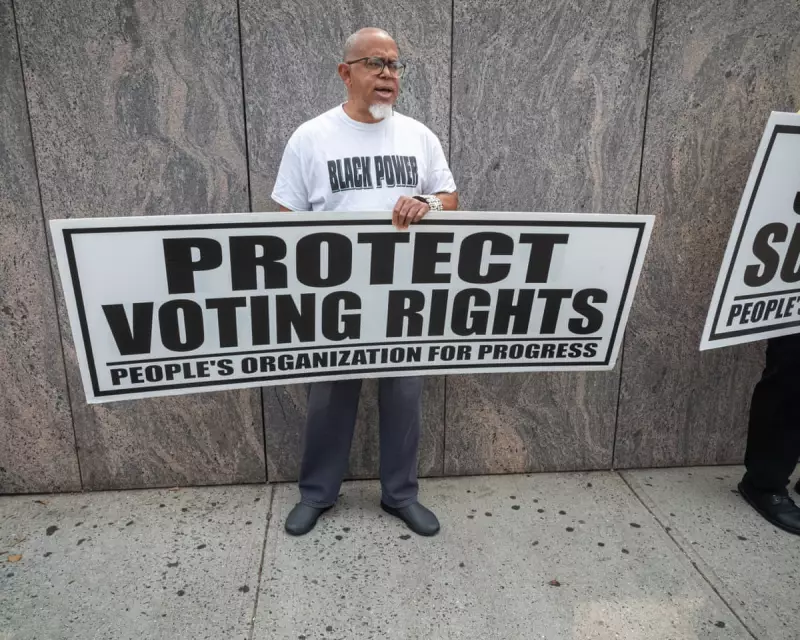
In a seismic ruling that could fundamentally alter the American political landscape, the US Supreme Court has delivered a devastating blow to the landmark Voting Rights Act of 1965. The conservative-majority court's 6-3 decision significantly curtails the law's power to combat racial discrimination in electoral systems.
A Divided Court, A Divided Nation
The sharply split decision saw the court's six conservative justices pitted against its three liberal members, highlighting the deep ideological divisions within America's highest judicial body. The ruling effectively makes it substantially harder to challenge voting laws that critics argue disproportionately affect minority communities.
Justice Samuel Alito, writing for the majority, asserted that the court's interpretation aligns with the original text and purpose of the Voting Rights Act. However, dissenting justices warned that the decision "cuts the heart out of the Voting Rights Act" and represents a major step backward in the fight for equal voting rights.
What This Means for American Voters
The practical implications of this ruling are profound:
- Reduced legal pathways to challenge potentially discriminatory voting laws
- Greater autonomy for states in setting election rules and district boundaries
- Increased burden on plaintiffs to prove racial discrimination in voting cases
- Potential acceleration of voting restrictions in states across the country
The Broader Political Context
This decision arrives at a particularly charged moment in American politics, with the nation still processing the aftermath of the 2024 presidential election. Voting rights have become increasingly politicised, with numerous states implementing new election laws in recent years.
Civil rights organisations have expressed outrage at the ruling, with many vowing to continue the fight through alternative legal strategies and congressional action. Meanwhile, conservative groups have celebrated the decision as a victory for state sovereignty and a correction of what they see as judicial overreach.
The ruling represents the latest chapter in the Supreme Court's ongoing reinterpretation of the Voting Rights Act, following earlier decisions that had already weakened key provisions of the historic civil rights legislation.





